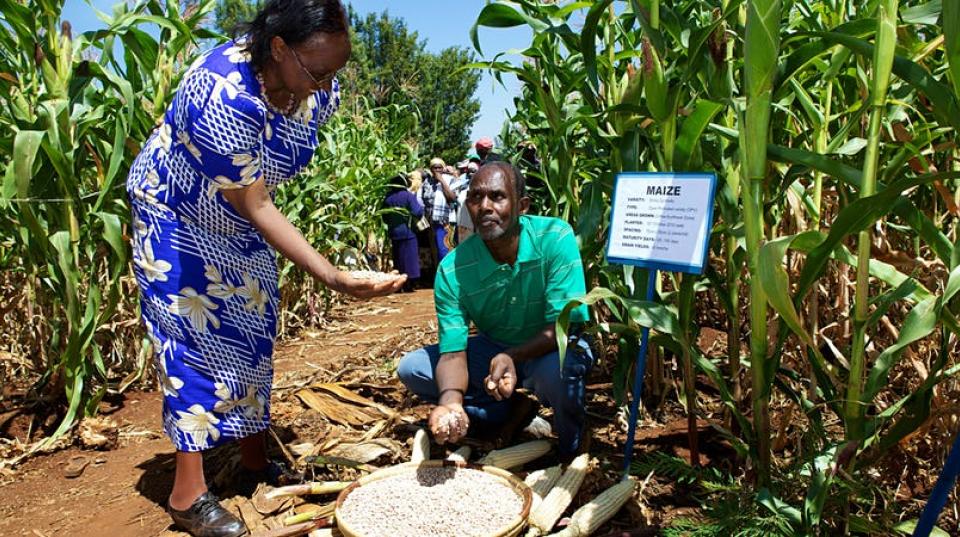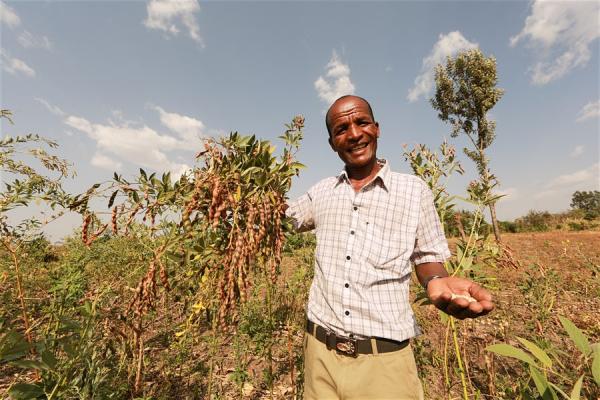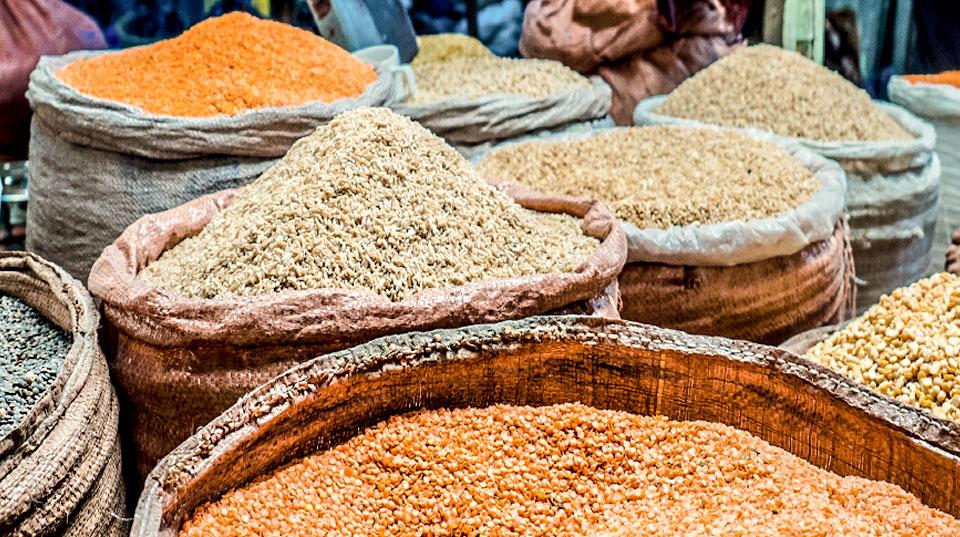Overview
This program aimed to create more productive, resilient, profitable and sustainable maize-legume farming systems that overcome food insecurity and help reverse soil decline, particularly in the context of climate risk and change.
The SIMLESA program was established in 2010. Funded by ACIAR, the ultimate goal was to sustainably increase the productivity of selected maize-based farming systems by 30% from the 2009 average by the year 2023 in each target country in eastern and southern Africa, and at the same time reduce seasonal down-side production risks by 30%.
After successful implementation of the first phase (2010-2013), the program was extended for four years (2014-2018) with an increased focus on up-scaling sustainable intensification technologies that the first phase initiated and tested. The second phase also focused on crop livestock interactions for maximum benefit to the farmer.
Project outcomes
- Enhanced the understanding of Conservation Agriculture (CA)-based sustainable intensification for maize-legume production systems, value chains and impact pathways.
- Tested and adapted productive, CA-based intensification options for sustainable smallholder maize-legume production systems.
- Increased the range of maize, legume and fodder/forage varieties available to smallholders.
- Developed local and regional innovation systems and scaling-out modalities.
- Capacity building to increase the efficiency of agricultural research.







